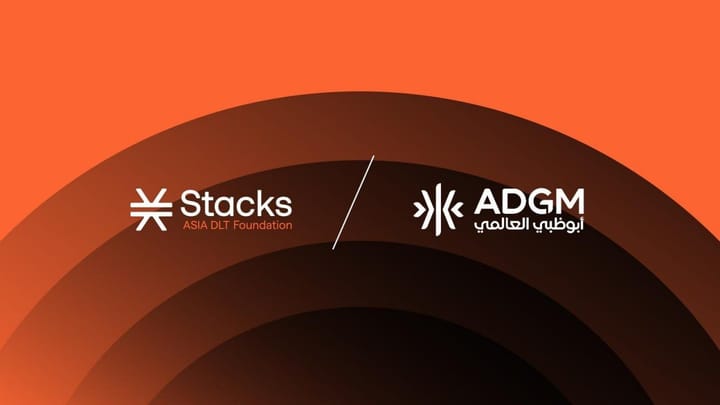UK Unveils Draft Crypto Legislation to Regulate Exchanges and Stablecoins

Britain sets course to lead in digital asset innovation while aligning closely with the U.S. and tightening consumer protections.
The United Kingdom has taken a decisive step toward regulating its burgeoning cryptocurrency industry, unveiling draft legislation on Tuesday aimed at bringing crypto exchanges, stablecoin issuers, and other digital asset activities under formal financial oversight.
Released through consultation papers, these proposals seek to create new regulated activities, such as:
- Operating a cryptoasset trading exchange
- Issuing and managing stablecoins
- Establishing rules for market abuse, disclosures, and admissions regimes
These developments are built upon the Financial Services and Markets Act (2023), which granted the Treasury expanded powers to craft crypto-specific regulation. While the European Union’s MiCA regulation has already taken effect, the U.K. is now catching up, pushing to craft a “comprehensive regulatory regime” that Finance Minister Rachel Reeves says is designed to fuel economic growth and foster global leadership in the digital assets space.
“The U.K. aims to become a great place for digital asset companies to invest and innovate,” Reeves stated during the Innovate Finance Global Summit.
She emphasized the importance of international collaboration, highlighting ongoing cooperation with the U.S., following a recent meeting with American Treasury Secretary Scott Bessent. Reeves expressed that while U.S. ties are vital, improving relations with the European Union remains "arguably even more important."
Tougher Standards, Clearer Protections
The Treasury clarified that all crypto firms serving U.K. customers will be expected to meet the same standards of transparency, consumer protection, and operational resilience as traditional financial entities. This is a significant move aimed at cracking down on bad actors while supporting legitimate innovation in the crypto ecosystem.
The draft rules also invite technical feedback from the industry, with a comment deadline set for May 25. The final rules addressing market abuse, admission standards, and disclosures are to follow soon.
However, some industry insiders remain concerned. Critics argue that the Financial Conduct Authority (FCA) — the main watchdog for crypto firm registrations — has been overly restrictive, limiting access for digital asset startups seeking approval under anti-money laundering regulations.



